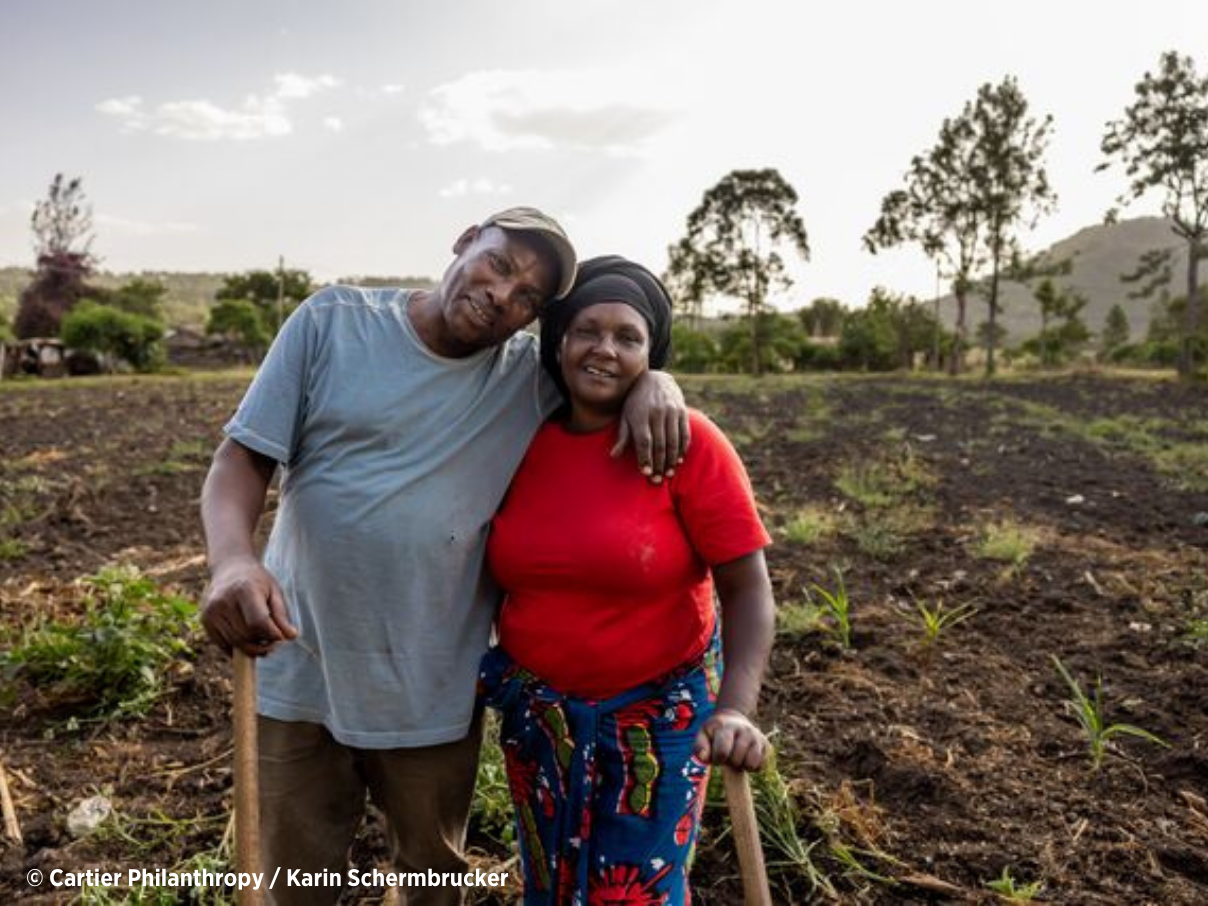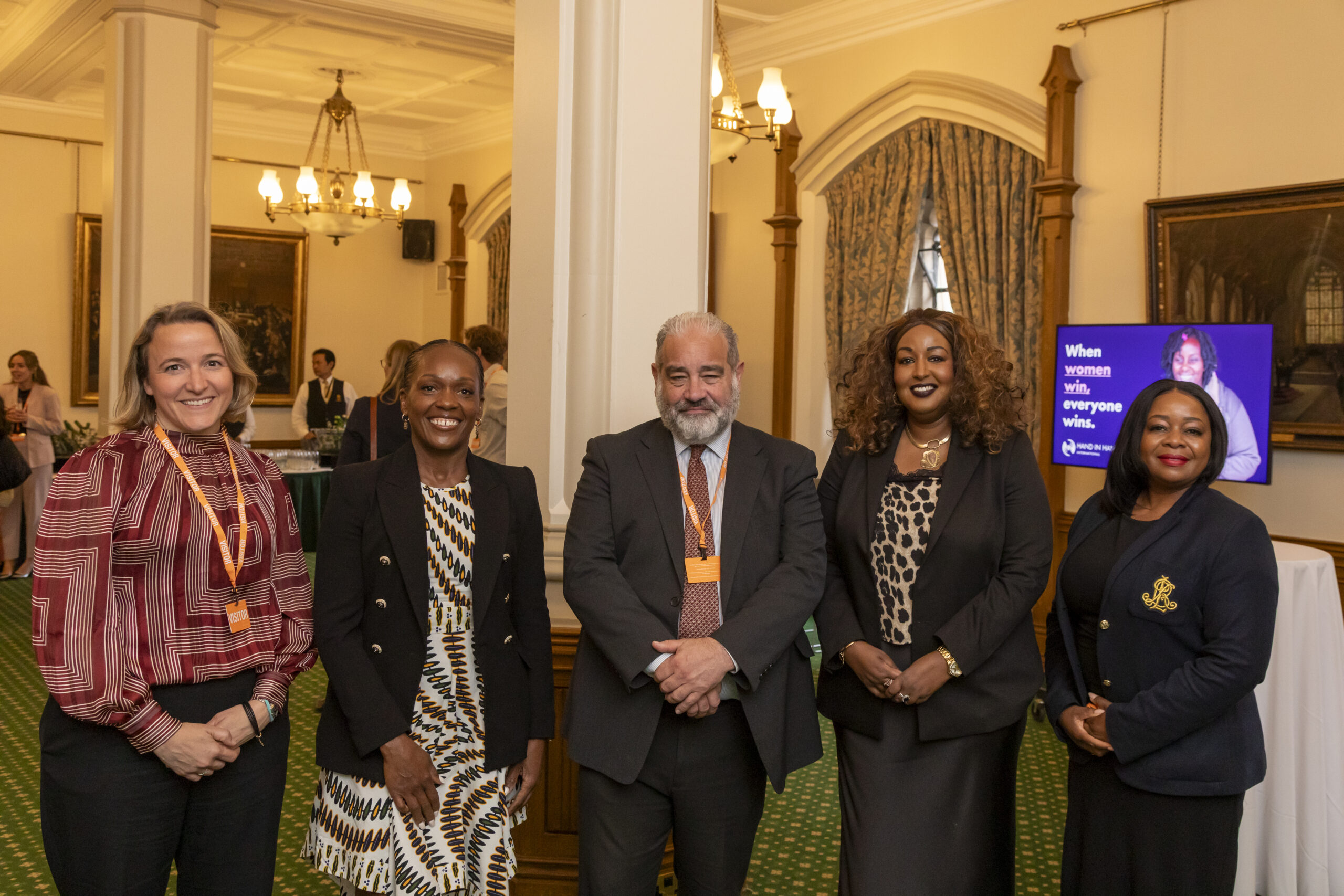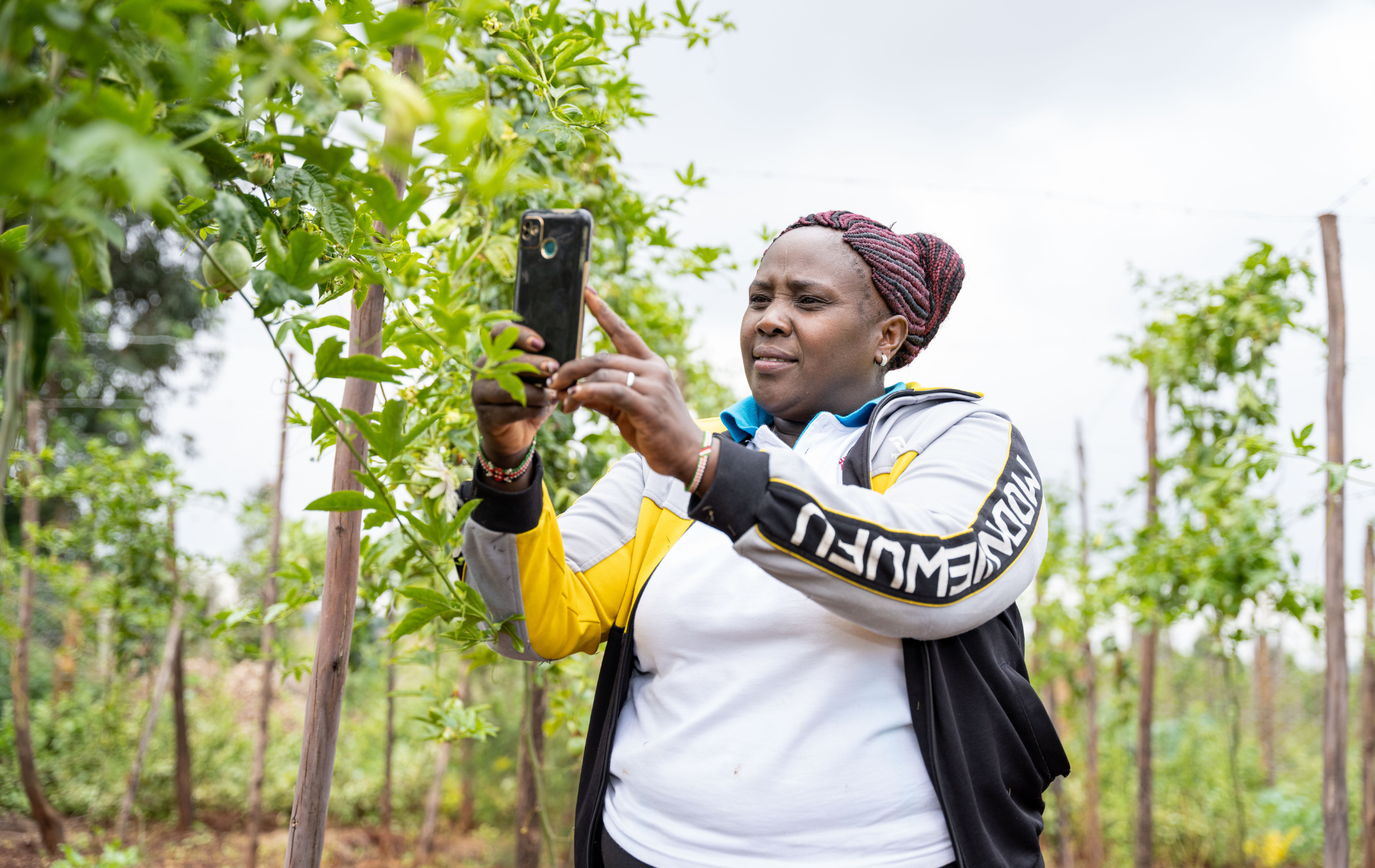Stories & blogs - Post

09
NovHand in Hand, in partnership with Fund for Innovation in Development (FID), is launching a three-and-a-half year project to find out whether it’s enough to train women in business skills to increase their income, or whether engaging with the community to challenge the idea of what a ‘woman’s role’ can be will boost women’s incomes even further than with business skills training alone. Innovation for Poverty Action (IPA) will be the project’s research partner.
In one of the largest randomized control trials (RCT) of its kind in East Africa, the project will develop and expand the body of evidence that shows shifting restrictive gender norms in communities can increase women’s incomes and savings.
Women in rural Tanzania face significant barriers when it comes to earning a living. They lack skills, resources, market connections and access to credit. Crucially, the majority are unable to make their own decisions about things such as healthcare, visiting friends or household purchases without their husband’s permission. What’s more, women are expected to be solely responsible for domestic labour and caregiving, leaving them little time to run a business. In many communities, a woman working is seen as threatening the man’s position as the breadwinner of the family.
When we involve the community in breaking down the social attitudes that hold women back, we see women with the power and time to take their businesses to the next level, women can increase the family’s income, creating a better life for everyone.
The FID funded project, will reach 4,800 participants (80% of whom are women). The RCT will test the effectiveness of Hand in Hand’s existing training four-step model against an enhanced five-step training model that includes gender training.
Hand in Hand’s existing four-step model seeks to break down the barriers to women’s economic inclusion by providing women with business skills training, access to credit and support to reach new value chains. On average, these interventions yield a remarkable 100% increase in women’s incomes within three years.
The enhanced five-step model (with the gender component) goes one step further – actively involving men and local leaders to create supportive communities where men act as champions for women’s entrepreneurship, recognizing that, when men and women work together, they stand a better chance at beating poverty. Implemented across 144 villages in the Dodoma and Singida regions of Tanzania, the intervention, and its randomized impact evaluation will be overseen by Principal Investigator Jessica Goldberg (University of Maryland).
Dorothea Arndt, CEO at Hand in Hand International, said: “All too often, women in disadvantaged, rural communities are told their place is at home, not running a business. By working with men and communities to challenge deeply entrenched social norms, we’re changing the rules of the game for women entrepreneurs, kickstarting a transformation that will lead to greater equality and brighter futures for thousands of families.
“The study’s results will tell us whether it is possible to grow women entrepreneurs’ income by engaging the community around them to shift their perception of ‘a woman’s work’. Our established training has already enabled women to double their incomes – this study will show if we can go even further. The findings will not only guide the effective implementation of our own programmes, but will also be shared with the many government agencies currently implementing livelihood programmes across Sub-Saharan Africa.”
Juliette Seban, FID Executive Director, said: “By investing in innovative programmes and their impact evaluation like this one, we support the generation of new evidence on what works when it comes to tackling poverty, empowering NGOs and governments to adopt interventions that have proven to be effective. With one in four women being an entrepreneur in Africa, learning from this project has a strong potential to catalyze change on a much broader scale.”
Claudia Casarotto, Chief Global Programs Officer – Innovations for Poverty Action, said:
“Our research consistently shows that gaps remain in understanding the comprehensive impact of women’s economic empowerment strategies. This project uniquely integrates financial inclusion with community efforts to shift gender norms, directly addressing these gaps. By evaluating this holistic approach, we aim to generate robust evidence on how these combined strategies can effectively enhance women’s incomes and economic autonomy. The findings will inform policy and practice, contributing valuable knowledge to global poverty alleviation strategies and empowering policymakers and practitioners to implement proven, impactful interventions.”




